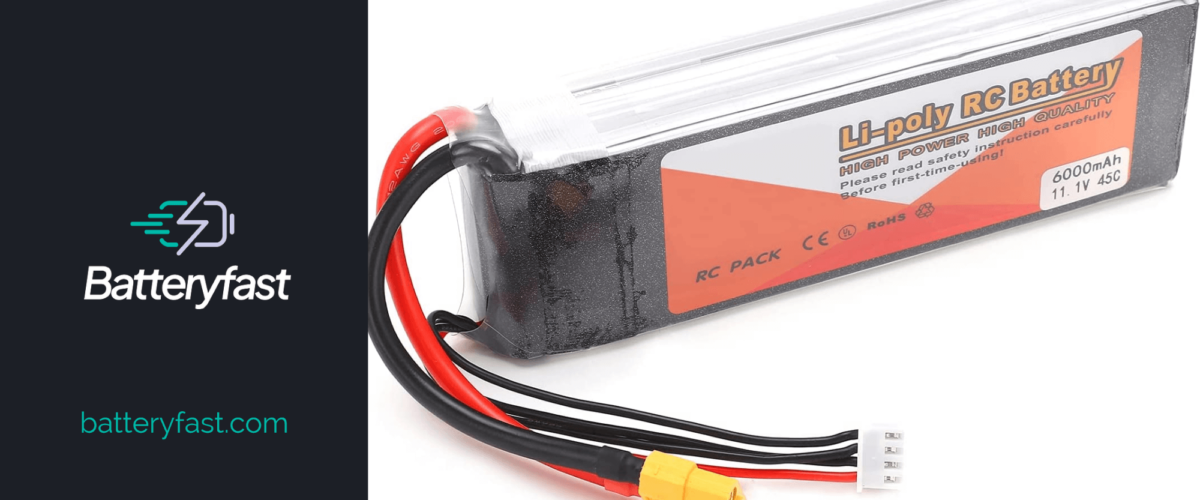Introduction to Li Polymer and Li Ion
A Li-Poly battery, or PLI battery, is a type of rechargeable battery with an organic polymer electrolyte instead of a liquid one. This tech can increase energy density, improving the range of electric vehicles and other rechargeable batteries.
Li-Ion batteries also have high energy densities, but are more costly to make and need protective circuitry. They suit smaller devices like phones and laptops, providing longer battery life while being lightweight and small.
Advantages of Li Polymer
Li-ion and Li-polymer batteries both offer advantages. The main one is their smaller size, as they can be moulded to any shape needed. They are lightweight, durable and hold the charge for longer.
Li-polymer cells can be connected in series or parallel for higher voltages and power. This increases the battery life before needing a recharge. The cells have a higher cycle life than others – up to 4 times longer. This makes them perfect for mobiles like phones and tablets. Finally, the self-discharge rate is lower than other batteries available.
Disadvantages of Li Polymer
Li Polymer batteries are often favoured over Li Ion batteries. But, they also come with some downsides.
The most noticeable disadvantage is cost and lifespan. Li Polymer cells cost more than Li Ion models, particularly when used in larger devices like laptops. They also have a shorter life cycle, with 500-1000 full discharge cycles compared to the 2000 cycles of a Li Ion battery.
Additionally, devices must be specially designed to fit these oddly shaped cells. And, extra protective measures such as autovent or thermostats are needed. These add to the cost of purchase and use.
Finally, Li Polymer batteries are labelled as “environmentally friendly”. However, they require rare earth elements for production. If recycled improperly, this can build up over time.
Advantages of Li Ion
The advantages of lithium-ion batteries are clear. They’re lightweight and have a high energy density. Plus, they don’t require maintenance. This means devices using Li-Ion batteries are both lightweight and portable, while being able to run for long periods without needing a recharge.
Plus, Li-Ion batteries are much more eco-friendly than other types. Unlike NiCd and NiMH, they won’t degrade if not used regularly. And, they maintain a constant voltage during discharge, making them ideal for small portable electronics.
What’s more, Li-Ion batteries last longer than alkaline or lead acid ones. Their anodes and cathodes store energy efficiently. Li Ion batteries charge faster and at higher capacities with no memory effect. This means all the power stored can be used. With other alternatives, only half the power is available depending on how often it’s been charged.
Disadvantages of Li Ion
Li Ion batteries have some drawbacks. They are usually larger than Li Polymer batteries. They have lower energy density and so, need recharging more often. Their metallic anode makes them more flammable and voltaic compared to Li Polymer batteries. Hot temps and overcharging can reduce their performance, and shorten their life from 500 charge cycles to just a few thousand.
Consumers may not be able to replace them as they often come with built-in batteries, which require specialised tools for removal or service work.
Comparison of Li Polymer and Li Ion
When picking a battery for your device, Li Polymer and Li Ion are two options. Li Polymer batteries have solid electrolyte instead of liquid, making them more lightweight and resilient. The cost, performance, rechargeability, weight, size, and environmental impact are all important factors to consider.
Li Polymer cells come in cylindrical and pouch sizes and can have a flat design for smaller electronics. They are more costly than Li Ion, but keep a more consistent voltage and have shorter charge times. Li Polymer is lighter than Li Ion with the same Volumetric Energy Density.
Regulations and laws must be followed when disposing of the used batteries. Recycling them is preferred if allowed by the law.
Applications of Li Polymer and Li Ion
Lithium-ion (Li-Ion) and Lithium Polymer (LiPo) batteries are often seen in consumer electronics, such as laptops, smartphones, tablets, and even electric cars. Each battery has its own advantages and disadvantages to consider when making a purchase.
Li-Ion batteries are used in rechargeable power tools, electric vehicles, medical devices, and military applications. They can be stored without losing energy, and are lightweight, charge fast, and last long. However, they can be dangerous if not handled properly.
LiPo batteries have a few benefits over Li-Ion. They are lighter, and can be shaped and designed more flexibly. This makes them great for aerospace projects where weight is key. They also have fast charging times and no memory effect. They have a low number of discharge cycles compared to other battery types, though. LiPo batteries are popular in drones, RC toys, sensors, wearables, medical devices, and robots.
Conclusion
Li-ion and Li-polymer batteries both offer great power and durability. So, picking the right tool for your needs is essential.
For slim projects that need reliable performance, Li-polymer is the ideal energy source. It’s light and small. But, when cost matters, Li-ion batteries are usually a better value. They’re tough, inexpensive and flexible, making them perfect for many tasks.
In the end, these technologies both provide dependable energy solutions with amazing performance and longevity. When selecting a battery for your next project or application, make sure to consider both Li-ion and Li-polymer. Think about size, cost and endurance.
Frequently Asked Questions
Q: What is Li Polymer battery?
A: Li Polymer battery is a rechargeable battery with a lithium-ion-based technology and polymer electrolyte instead of a liquid electrolyte. It is also known as a Li-Poly or Li-Pol battery.
Q: What is Li Ion battery?
A: Li Ion battery is a rechargeable battery with a lithium-ion-based technology and liquid electrolyte. It is also known as a Li-Ion battery.
Q: What is the difference between Li Polymer and Li Ion batteries?
A: The main difference between Li Polymer and Li Ion batteries is the electrolyte used in the cells. Li Polymer batteries use a polymer electrolyte instead of a liquid electrolyte. This makes Li Polymer batteries lighter, more efficient and more resistant to overcharging than Li Ion batteries.

